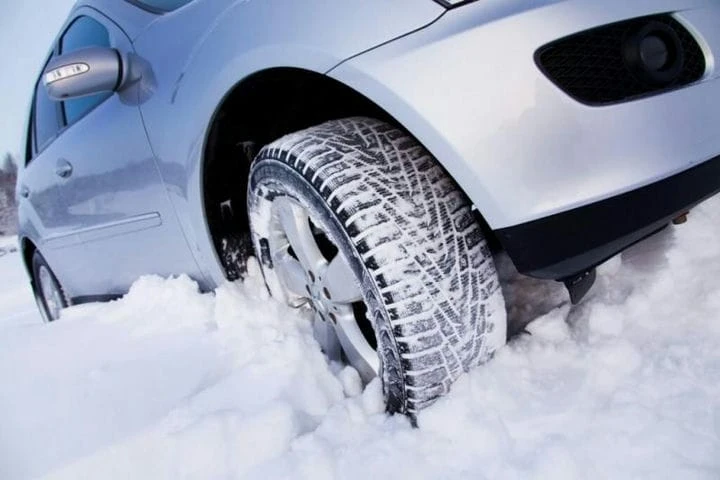Choose the right “non-freeze”! 👍
Good day! Chemistry channel is with you around!??Materials for this article were prepared by journalists of the popular science magazine ALL Chemistry!?⚗
In the first part of our article about coolant, which is HERE, you could find out the history of the creation of coolant, the intricacies of its composition and production.
When choosing a “non-freeze” (coolant – coolant), you should pay attention to one important parameter – the composition of additives.
The first of them – anti-corrosion – began to be used from about 1939 to suppress the negative effects of ethylene glycol on non-ferrous metals.
Now coolants are divided into three types:?
- traditional based on salts of inorganic acids (silicates, nitrites, nitrates, amines, borates, phosphates),
- carboxylate (OAT) based on salts of organic acids, not containing nitrites,
- hybrid, which is one of the varieties of carboxylate.
Silicate antifreezes (usually colored green or blue) have a short service life – about 60 thousand km and are almost never used in developed countries. Their use is prohibited in most foreign cars: Ford, GM, Hyundai-KIA, Volvo, VW and others.??
This is due to the fact that silicates, when heated and boiled, create a layer of scale, gradually reducing the efficiency of the cooling system due to deposits. Although most of the antifreezes produced recently are still of the traditional type, their use in many Chinese cars is not yet prohibited.
Hybrid antifreezes have a longer service life, as well as more positive characteristics. But the best are carboxylate antifreezes (most often red). Corrosion inhibitors based on organic acids, which are included in carboxylate antifreeze, form a thin layer on the surface of the cooling system, being adsorbed only in places where corrosion occurs.
The best samples of carboxylate antifreezes, such as Havoline XLC, Cool Stream Premium, Glysantine G30, AWM G12, DexCool, GlasElf Supra, Prestone, can be used for at least 5 years, with mileage of 250 thousand km in cars and 650 thousand km in trucks.?
Moreover, Ford gives them a replacement period of 10 years, and GM-Opel – indefinitely (fill for life).?
Since 2005–2006, Russian automobile plants KAMAZ, LiAZ and AVTOVAZ began to use carboxylate antifreezes (since the end of 2011, Obninskorgsintez supplies Sintec LUX-OEM antifreeze to the conveyor of the plant, which runs at least 250 thousand km).
At the moment, the most win-win option for the car owner will be an ethylene glycol-based coolant with carboxylate additives without methanol. In the current market, there is a negative trend of “washing out” the middle segment of coolants with low-quality low-cost goods.
However, it's not worth saving,??, since buying low-quality antifreeze threatens with serious problems for the engine.
?This is overheating, which can lead to deformation of engine parts or jamming of pistons in cylinders.
The second major problem is corrosion. The destroyed layer on the walls of the radiator and engine channels becomes a heat insulator, since the centers of corrosion have a thermal conductivity 50 times less than the metal itself. As a result, the engine overheats.
Research results show that some liquids found on sale under the names of antifreeze or antifreeze cause aluminum corrosion 30 times more than standard, make solder corrode 5–8 times more intensely than expected, develop their properties 3 times faster, which leads to to the need for quarterly fluid replacement in the cooling system.
At the same time, cheap antifreezes contain elements that precipitate during operation. Solid particles are captured by the fluid flow and begin to work as an abrasive, destroying the engine cooling system from the inside.
As a result, outdated additives do not protect, but provoke the formation of corrosion and a rust layer.


